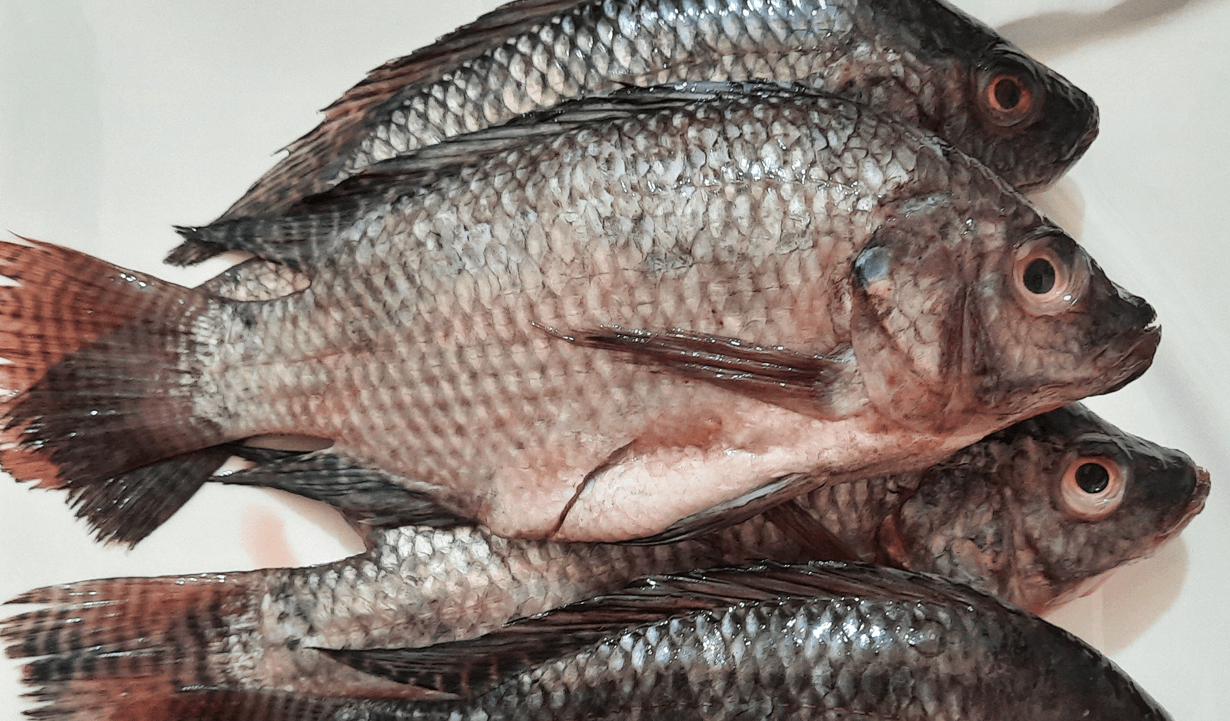Your Cart is Empty
Proud winners of the 2021 One World Award.
Proud winners of the 2021 One World Award.
Proud winners of the 2021 One World Award.
May 08, 2024

At SAT shop, we're thrilled to introduce our sustainably sourced tilapia fish, straight from the SAT Farmer Training Center (FTC) in Vianzi, Morogoro. We are dedicated to circular water-energy-nutrient systems of integrated aquaculture-agriculture. Our tilapia embodies both culinary excellence and environmental responsibility.
The Marvel of Tilapia
Originating from Africa, tilapia boasts nearly 100 species, thriving in shallow streams, ponds, rivers, and lakes. Through responsible aquaculture practices, our tilapia offers a sustainable alternative to marine fish, championing the preservation of aquatic ecosystems while preventing overfishing.
Tilapia's omnivorous diet, including algae and other plant-based feeds, not only contributes to its delectable taste but also serves as a natural solution to aquatic plant problems. Furthermore, by consuming mosquito larvae, tilapia actively contributes in malaria prevention efforts, showcasing its ecological significance.
With a mild, slightly nutty, and sweet flavor profile, tilapia lends itself to a myriad of culinary creations. Whether fried, steamed, or grilled, its tender texture and ability to harmonize with various spices make every dish a culinary delight. Beyond taste, tilapia packs a nutritional punch, rich in easily digestible protein, essential vitamins, and minerals such as Vitamin D, phosphorus, selenium, Vitamin B12, niacin, and potassium.

Navigating Controversies
Yet, tilapia is not without some controversies. Concerns surrounding its omega-6 to omega-3 fatty acid ratio and potential for contaminant accumulation have been raised. However, at SAT, we address these issues by meticulously controlling our tilapia's diet to reduce its omega-6 level and frequently exchanging water in our aquaculture systems to avoid contamination. This helps mitigate these concerns, ensuring both nutritional quality and food safety.
Additionally, we prioritize the welfare of our tilapia, maintaining low stocking densities to minimize stress on the fish, but also by growing the fish in a nearly natural environment.

Conclusion
Tilapia stands as a testament to culinary versatility, nutritional richness, and environmental consciousness. While acknowledging its complexities, we invite you to savor the delightful flavors of tilapia, assured of its safety, sustainability, and ethical production. Enjoy the flavors of tilapia responsibly, embracing a culinary journey that celebrates both taste and environmental harmony.